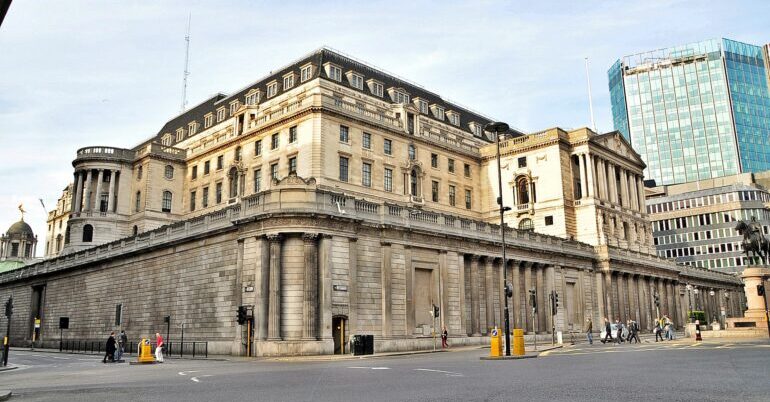Banking on climate change
This is a guest post by Liz Murray, the Head of Campaigns and Policy in Scotland at the World Development Movement. You can follow WDM Scotland on Twitter @wdmscotland.
What do you think your annual carbon footprint might be? The UK average is estimated to be around 8-9 tonnes per person. But what if you took into account the emissions from the activities of the bank where your money is? Well that would give quite a different picture. If you’re an RBS customer it would give the picture below.
I saw someone on Twitter describing the World Development Movement’s new research into the carbon emissions from RBS’s loans to fossil fuel companies as ‘provocative’. That made me smile, as that’s exactly what we hoped to do. Not to provoke for the sake of provocation, but to provoke thought, discussion and ultimately action on the ‘hidden’ emissions resulting from the investment decisions of some of the UK’s biggest financial institutions.
Our research shows that the emissions from RBS’s lending to coal, oil and gas companies in 2012 were up to 1,200 times what the bank reported its emissions to be under the Carbon Disclosure Project. That makes the bank’s carbon footprint 18 times the size of Scotland’s, and 1.6 times the footprint of the whole of the UK. I also mention at this point that we chose RBS because it’s the bank that the UK government has the biggest share in, but we could equally have looked at financial data for other big UK banks, like HSBC, Lloyds or Barclays, and come up with similar information on lending to fossil fuel companies. This is clearly a huge issue from the point of view of climate change and the need to reduce carbon emissions globally.
We examined Bloomberg financial data and saw that RBS had active loans on its books to fossil fuel companies around the world. Many of these companies operate in parts of the world that are already feeling the serious effects of the climate change their activities are fuelling. Like Tullow Oil, a British company which specialises in oil exploration and production in Africa. And Pertamina Persero, an oil and gas company with rigs and pipelines across Indonesia.
Tullow Oil recently found oil at Lake Turkana, the world’s largest permanent desert lake, in northern Kenya. This is an area that is already suffering increased drought and desertification, intensified by climate change, and which the burning of more oil can only make worse, as well as threats to local livelihoods and wildlife from the drilling itself. And not only is Tullow Oil being supported via the finance sector here in the UK, but Foreign Secretary William Hague is said to have lobbied on their behalf for a £175million tax bill to be waived for their operations in Uganda.
Our research provides a best estimate of the carbon emissions embedded in RBS’s lending to fossil fuel companies. What it does ‘provocatively’ is to illustrate the scale of difference between the emissions the bank currently reports, from things like lighting and heating its offices and branches, running IT equipment, and business travel, and what it would report if it was required to include those emissions ‘embedded’ in its lending.
These ‘embedded’ emissions are so significant that they must be made visible – and they must be dramatically cut. So, the first thing the UK government must do is to make the reporting of these emissions compulsory under the Greenhouse Gas Emissions (Directors’ Reports) Regulations 2013 (often referred to as mandatory carbon reporting). And then the government must take action to force the UK finance sector to switch its investment away from dirty fossil fuels and into clean, renewable energy.
For more information on WDM’s Carbon Capital campaign, and to help put pressure on the UK government to tighten the rules, see here.




Leave a Reply